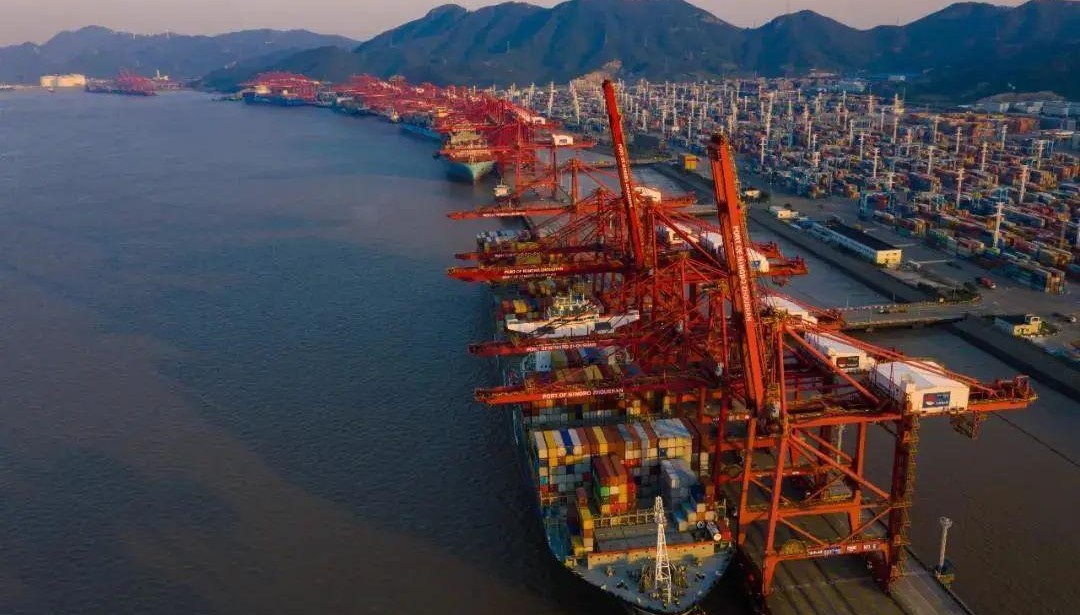
There is some real concern that forwarders will no longer find space for their cargo in the new Maersk structure unless they venture into the less favourable spot market, according to CLECAT, the organisation representing European forwarders.
Maersk and Hamburg Sud are not only refusing contracts from forwarders; on top of this they are approaching the very customers of those forwarders whose business they are now rejecting, CLECAT explained.
The two lines have announced that they will cease to provide services to certain freight forwarders from 1 January 2022 through named account contracts.
Whereas the ambition of Maersk to offer integrated services to shippers is not new and a commercial decision of its choice, this recent development is a clear step to side-line freight forwarders, CLECAT asserts.
EU competition law
Director General Nicolette van der Jagt said: ‘We are reviewing whether this discriminatory initiative is compliant with EU competition law.
“Carriers and forwarders are not operating on a level playing field, not the least within the framework of the Consortia Block Exemption Regulation (CBER) which provides carriers, which are part of a vessel sharing agreement, with the possibility to share a broad scope of information, some of this being commercial sensitive information.
“We have already called for the urgent need of replacement of the CBER by more modern tools to address competition issues. The Commission has so far failed to take the level of digitalisation of carriers into account, including the information exchange between carriers and within vertically integrated shipping companies.
“The ever-increasing use of logistics solutions offered by carriers who have access to digital information tools and platforms makes current concepts used by the European competition authorities obsolete.”
Little choice on sea leg
Van der Jagt continued: “This should also be seen in view of the damage done to many stakeholders over the last two years during which the stability and reliability of shipping services have never been worse, while the freight rates have continued to climb to an all-time high. It is to the credit of the freight forwarders and NVOCCs, acting as contractual carriers offering customers value added services from door to door, that goods have continued to move with the most suitable solutions for shipments.
“This is best achieved with competition in the market. Today, the NVOCC is left with little choice for the sea freight leg of his services, as the three alliances control the main trade lanes in an oligopolistic market.”
EC facilitates shipping lines
CLECAT warns that as shipping lines try to become the integrator of container logistics, the consequence will be that a few players end up managing complete supply chains.
“The current crisis has shown what can happen to prices and reliability if control remains in the hands of just a handful of companies,” van der Jagt pointed out. “This should be a warning signal to the European Commission who so far have only facilitated the strategic choices of carriers towards vertical integration and carriers’ joint coordination.”
CLECAT believes that final customers – European consumers – are also being confronted with this situation, as the unprecedented increase of cost of shipping goods, as well as enormous delays in the delivery of containers, is causing serious problems for European importers and exporters.
“Meanwhile, carriers have benefitted from multi-billion dollar profits during the pandemic which has been facilitated by ongoing preferential treatment related to State aid and taxation benefitting vertically integrated shipping companies.
“CLECAT repeats that freight forwarders no longer compete at a fair level playing field with carriers. We advise the European Commission to re-balance its supervision account and to cease special regimes to carriers which create market distortions in the forwarding sector.”
source:lloydsloadinglist
Quality Companies